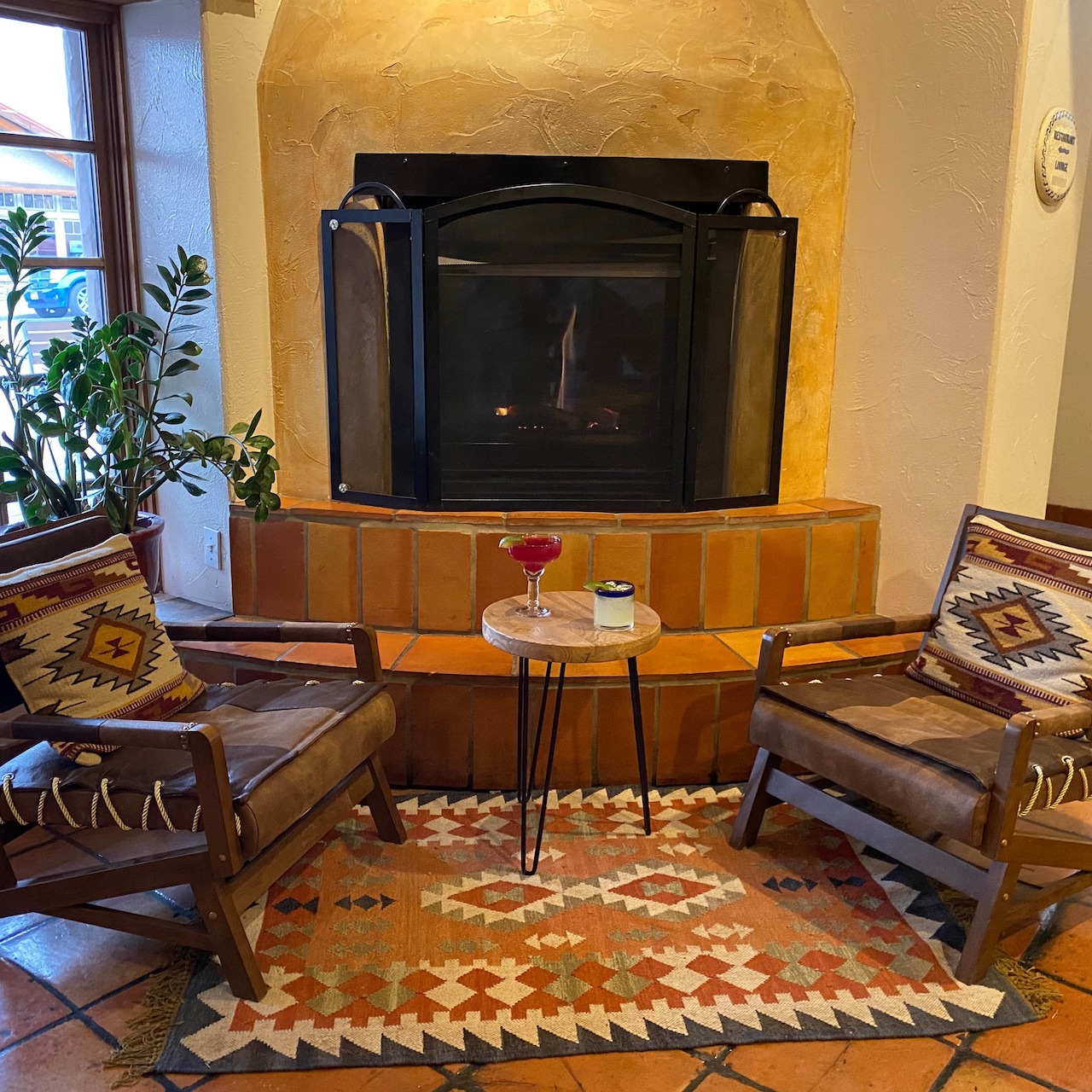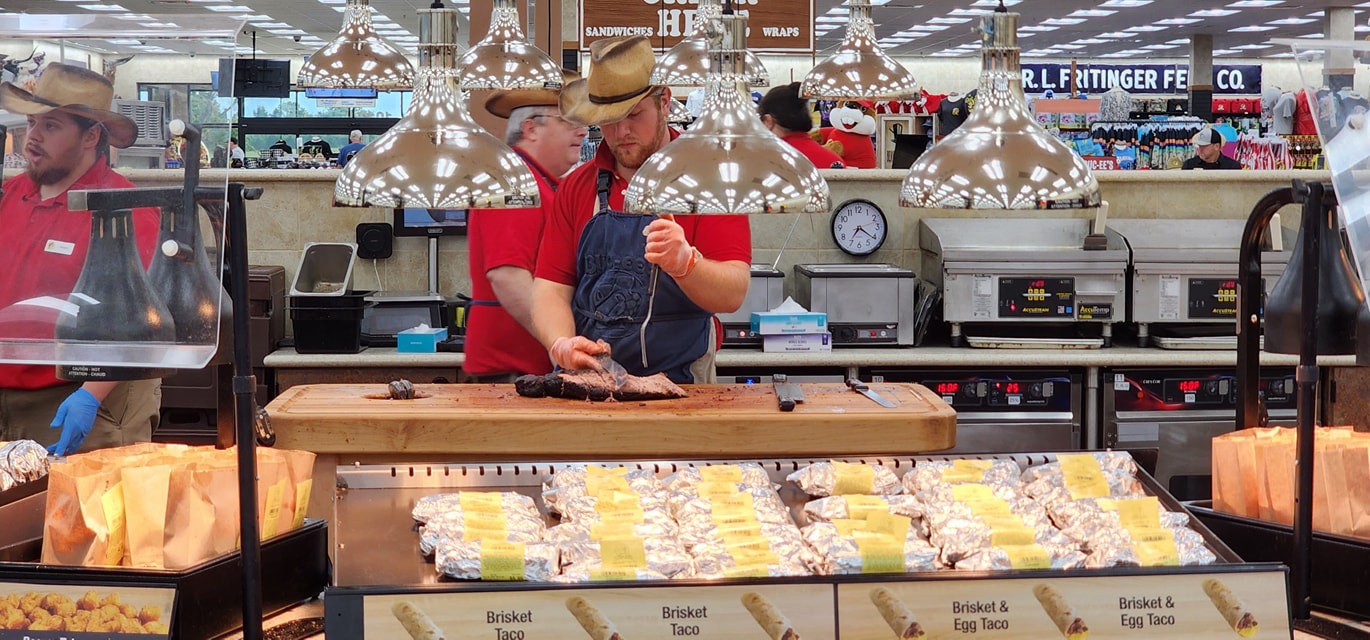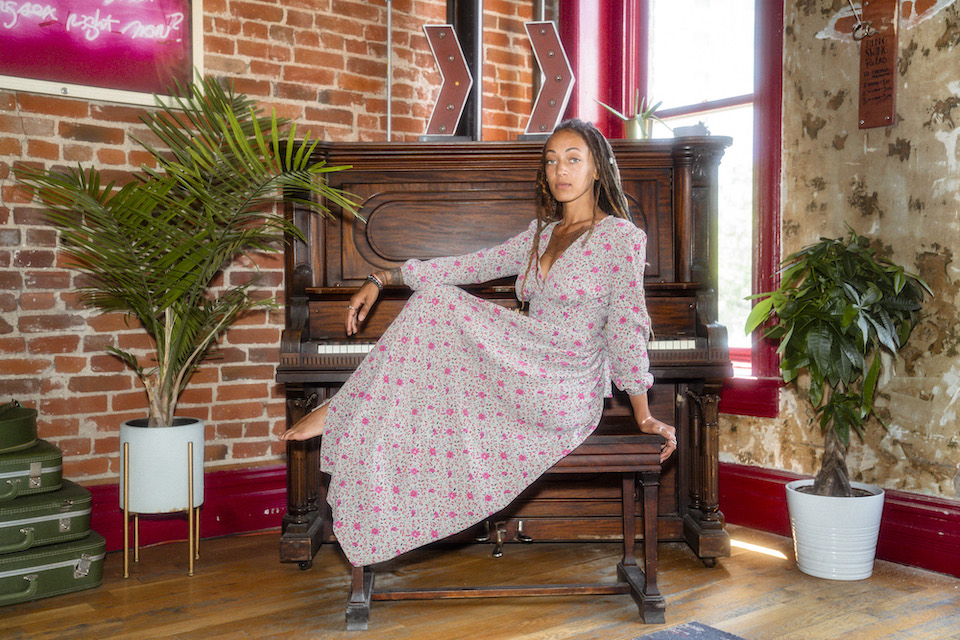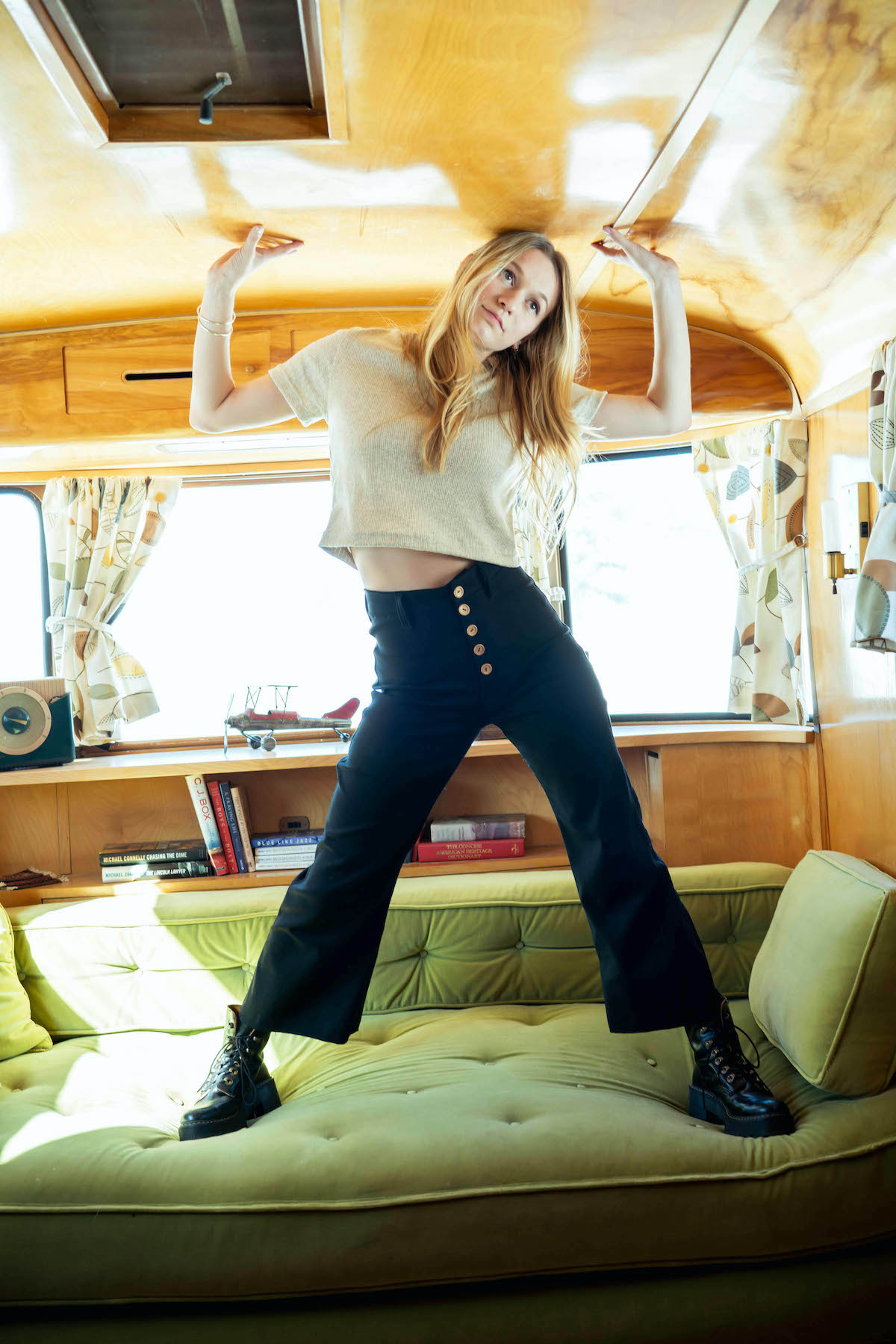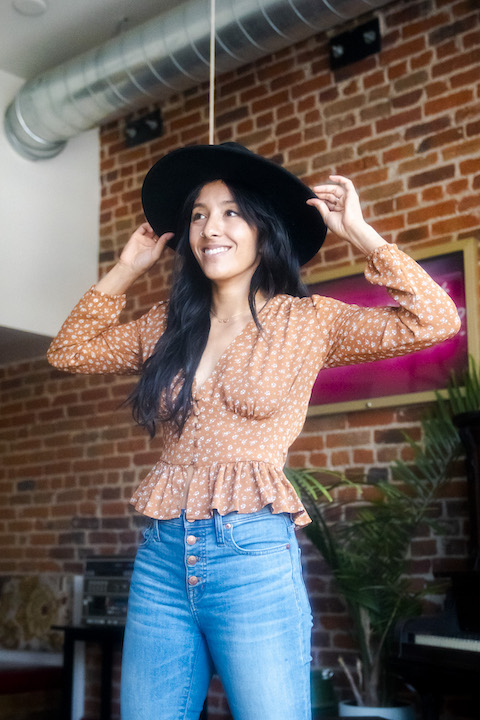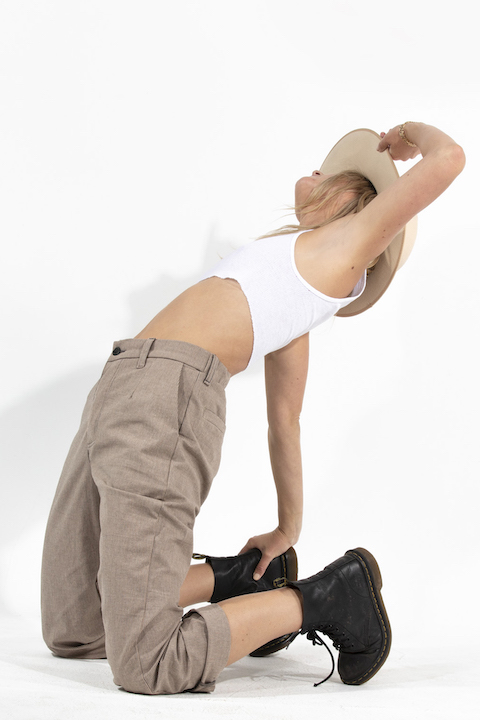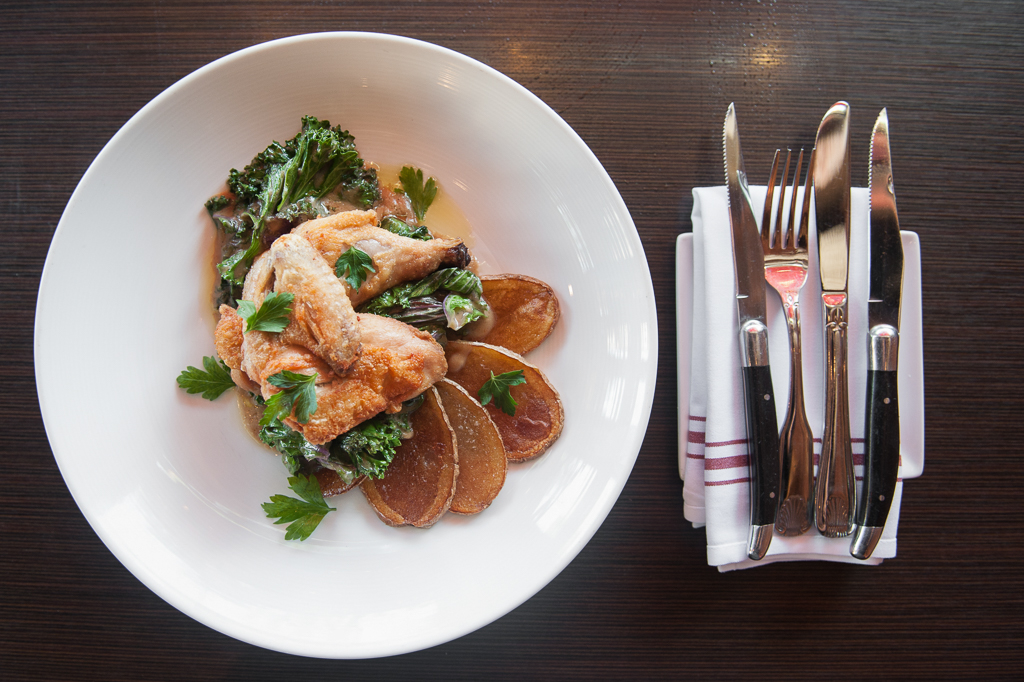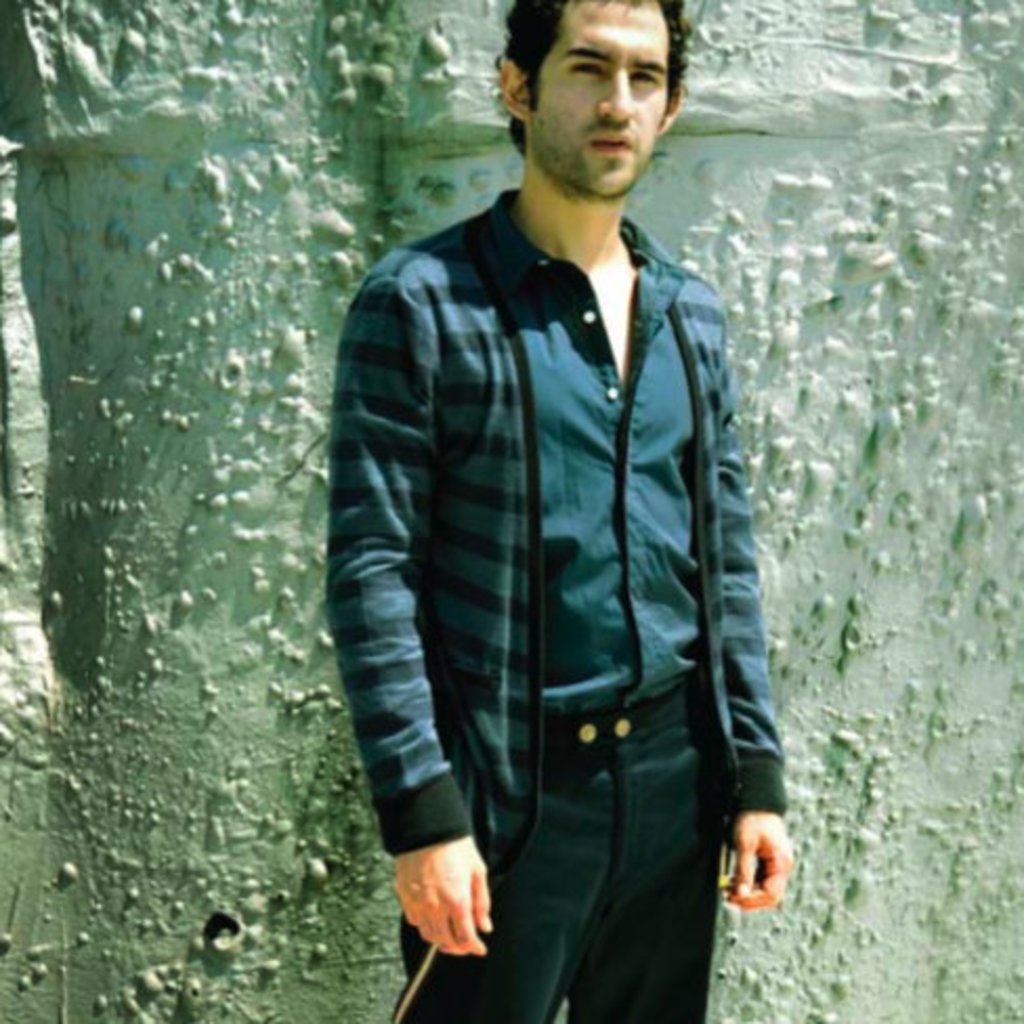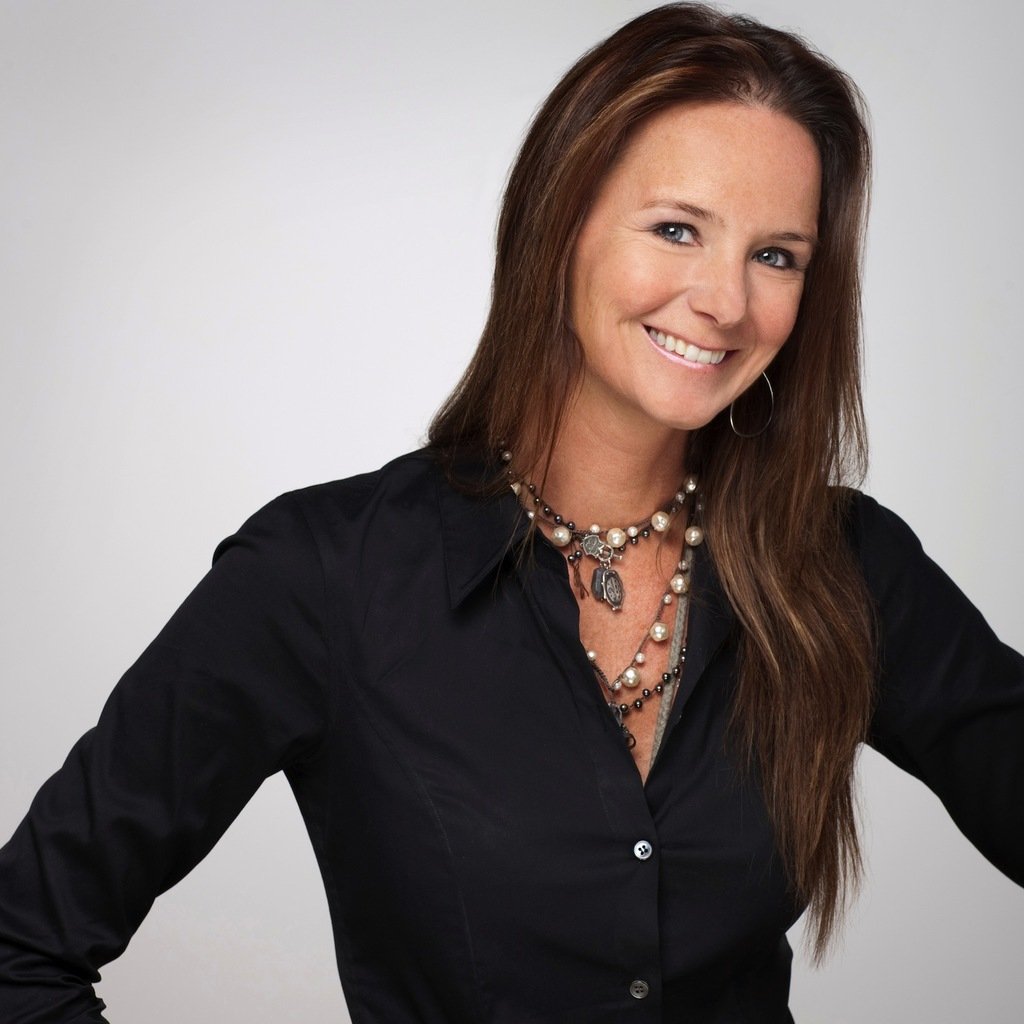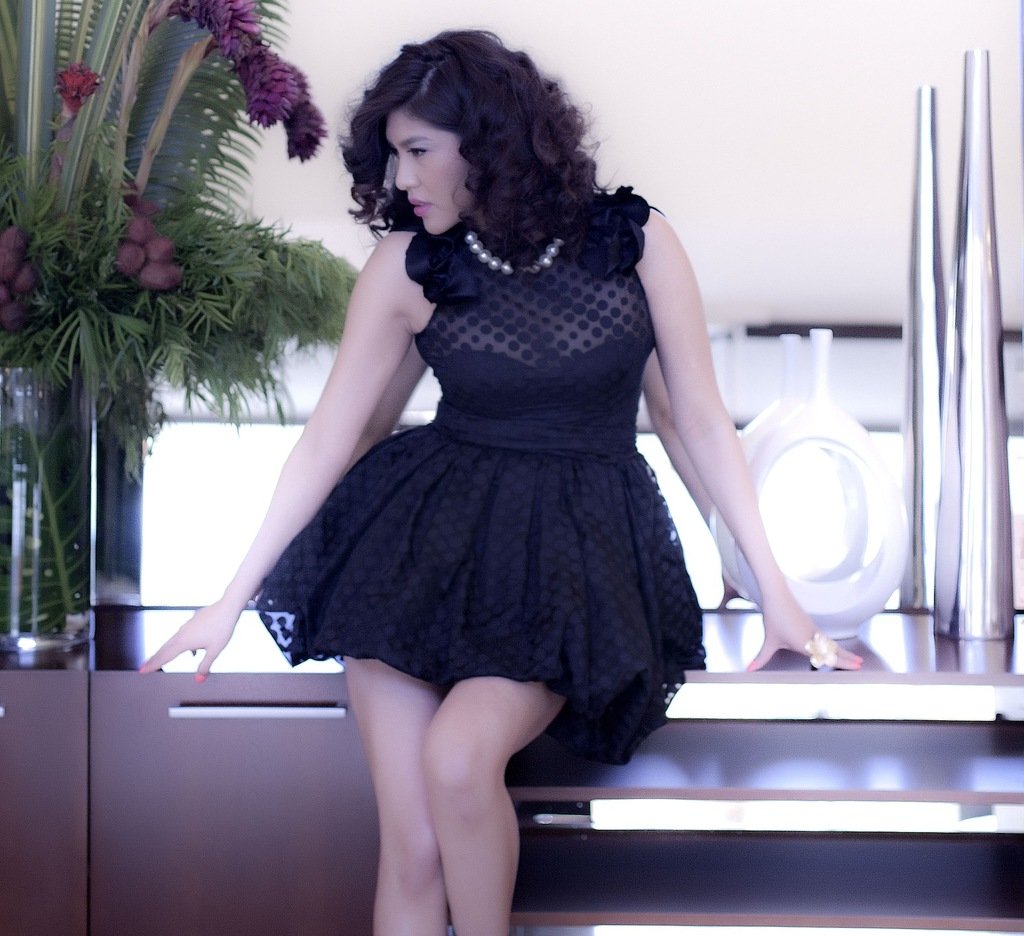Newly launched label, Past Life the Collective, is raising up zero-waste, sustainable fashion by featuring vintage and upcycled fabrics. Having launched on September 14, founder Berkley Gamble had one goal in mind; to have a career that impacts the greater good. She did just that by creating a collection that carries pieces made entirely from “deadstock” fabric.
Gamble explained, “Deadstock is a term that means literally dead fabric. When other brands go to make clothing, they make the fabric first. This requires a ton of energy, water, and chemicals. Then, when they go to production, we usually end up using 80-90% of the fabric they made. The rest, they deem as “dead” and either burn it, put it in landfills or it ends up in a warehouse that smaller, sustainable brands can buy from. So we take this fabric that was another brand’s trash, and turn it into our treasure.”
Because Gamble only uses deadstock, pieces in her collection are made in limited quantities as they can only use what leftover fabric is available. As a result, her small-batch collections feature rare, finite items that once sold, are gone forever.
“We’re also zero waste because we use leftover scraps from production and screenprint our wash/care on them to use as hangtags. We also ship everything in compostable mailers and we have a take-back program, so we are close-loop,” said Gamble.
We sat down with Past Life the Collective’s founder, Berkley Gamble to discuss the brand, the fashion industry and why sustainability matters.
303 Magazine: Describe Past Life the Collective’s style. Does that style represent a lot of your own?
Berkely Gamble: We are inspired by vintage silhouettes and love florals, but what I love most about the clothes is that they look good on everyone. No two bodies are alike and I have seen countless friends try on and it always looks amazing.
It really represents my designer, Addie’s style. What I love about PLC is that the pieces can all become staples of your closet. We all need a good pair of sailor pants or trousers. The clothes are not meant for a single type of woman, they are meant for all women to style and express themselves however they choose.
303: How did you get into the fashion industry? Did you always have a passion for it growing up?
BG: I got into this not because of my desire to be in fashion but rather my desire to change the fashion industry. This industry notoriously exploits both people and the planet, which is something that consumers should be aware of and educated about. Clothing should not come at the cost of others and the planet.
I wouldn’t say I had a passion for fashion growing up, but I always had a passion for freedom of expression, which can be through clothes but it can be through a lot of different things too.
303: Tell me more about your hashtag #unfuckthefuture. What does this mean to you?
BG: Like I said before, something I have been passionate about since I was a kid is freedom of expression. This hashtag is an expression of what we need to do, as consumers, to help take care of the future of our planet and the people that live on it. For so long, we have all been living pretty mindlessly. We have been programmed to just not think about the consequences of our actions. We don’t think about the supply chain of things. We don’t think about the reason behind the cost of something. This needs to change. And it starts by making small, more conscious choices – like shopping for sustainable brands like ours.
303: Tell me something you discovered about the fashion industry that you didn’t know before owning your own business.
BG: I literally didn’t know anything until I started this. I think the biggest thing that I learn day after day is that there is no right way or rulebook to creating a brand. You just have to listen to your intuition and take one step after another. I think the general public has no idea how difficult is it to create nice clothing. I didn’t quite understand how much went into it, and honestly, If I had known I don’ think I would have jumped into this business. Sometimes, for an entrepreneur, ignorance is bliss.
303: What have you found to be the biggest challenge of launching your business this year?
BG: COVID. We were supposed to launch in May but it did not feel aligned with the business. People went back to learning basic survival, people lost jobs, lost loved ones. I was not about to ignore those things and advertise for people to buy an eco-friendly dress. That was not important then. What was important, and still is, is wearing a mask in public. So, we used leftover scraps from production and we made 500 medical-grade masks.
303: What is one thing you think is important for people to know about fashion or the importance of sustainability within fashion?
BG: Sustainable clothing is more expensive, and changing that is super difficult. Paying people an ethical wage to make clothing makes the clothes more expensive. So, when you buy something that is from a sustainable brand, you can remember that all the hands that touched that product are treated with respect. There is a term in this industry called “buy less, buy better.” This is something we have to take to heart. We all grew up on fast fashion, and now it’s our turn to unlearn those ways of shopping. And if you are someone who loves to buy clothes all the time for a cheap deal, then learn to go thrifting, it’s really fun.
303: What do you hope for the future of Past Life the Collective?
BG: Ahh. So. Many. Things. I would really love to create a strong community here in Denver, eventually open our first store where we can host community events and workshops, sell other sustainable brands, and just grow the brand. But literally who knows, truly I just hope this launch crushes it. Then we shall see…
All photography provided by Past Life the Collective
